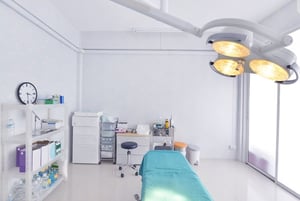Industry expert and VP of ASC Solutions at SIS, Daren Smith, details regulatory requirements and compliance checklists for ambulatory surgery center staff.
Ambulatory surgery center leaders, managers, and staff are tasked with lots of regulatory burdens. If you’re new to your position, you may not be familiar with some of the key requirements and expectations. There are many checks required or strongly recommended by numerous regulators, including CMS, state health departments, ASC accreditation organizations, OSHA, CDC, local authorities (e.g., fire, food safety), NFPA, CLIA, and others. Failure to perform these checks or do so in a timely, appropriate manner can not only result in financial penalties but can raise patient and staff safety risks.
Below is a checklist that identifies many of these key requirements, broken into timeframes to make it easier for you to track. Consider printing off this checklist or using it as a starting point for building your own ASC regulatory compliance guide.
Daily Checks
- Medication refrigerators
- Blanket/fluid warmers
- Crash cart
- Malignant hyperthermia (MH) cart
- Emergency equipment
- Exits and corridors (no obstructions)
- Autoclaves
Weekly Checks
- Eyewash stations
- Emergency generator
- Nurse call system
Monthly Checks
- Exit light inspection
- Emergency lighting
- Generator
- Medications (expiration dates; identify and remove expired)
- Fire extinguishers
- Crash cart (interior contents)
- Pest control
Quarterly Checks
- HVAC
- Complete notes, reports, and minutes from the quality assurance and performance improvement (QAPI) committee (include information from the safety, infection prevention, and pharmacy coordinators, and review occurrence reports and peer review)
- Fire drills
- Clean ice machine
- Send dosimeters for readings
Annual Checks
- Review/revise safety plan
- Summarize fire extinguisher checks, and check fire alarm system, including smoke and fire dampers
- Disaster drill
- Medical gas and vacuum system inspection
- Review and revision of policies and procedures
- DEA narcotic count
- Immunizations for the staff
- Education (e.g., OSHA, HIPAA, CEMP)
- Contract review for quality (see contract agreement evaluation tool)
- Fire door inspection
- HVAC duct cleaning
- C-arm/laser inspections
- Radiation safety checks
At Least Annually
- Personnel records for date-sensitive information
- Competencies
- Credentialing and re-credentialing
- Peer review
- Mandatory state reports and CMS quality indicators
Staying On Top of ASC Compliance Requirements
Who is responsible for performing all these checks and tasks in your ambulatory surgery center? Not just the administrator! This is simply much too much for one person to tackle on their own. Expecting one person to handle everything increases the likelihood that everything which needs to get done will not get done and will eventually lead to problems when that individual is unavailable (e.g., sickness, vacation, leaving the position). The work should be delegated to other managers, leads, and the staff, and multiple people should know how to perform each check and task to account for absences. Some of the work will be performed by outside vendors. A simple spreadsheet like this starting task template can be used to help manage your checklist.
The tasks and checks can be overwhelming. Delegate, but hold people accountable. Create tools to simplify the process, and work to ensure you stay on track. If you fall behind even slightly, catch up quickly, and identify why you fell behind and what needs to happen to ensure you do not fall behind again. Anticipate the unexpected, whether it be the absence of a leader or a major event, like a natural or manmade disaster. And most of all, take good care of your employees. They can and will help ensure your ASC maintains year-round compliance.




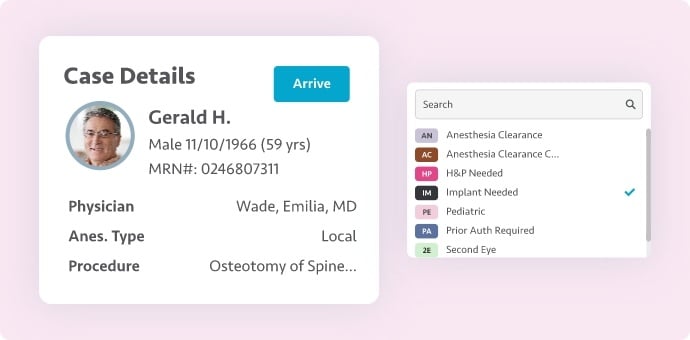
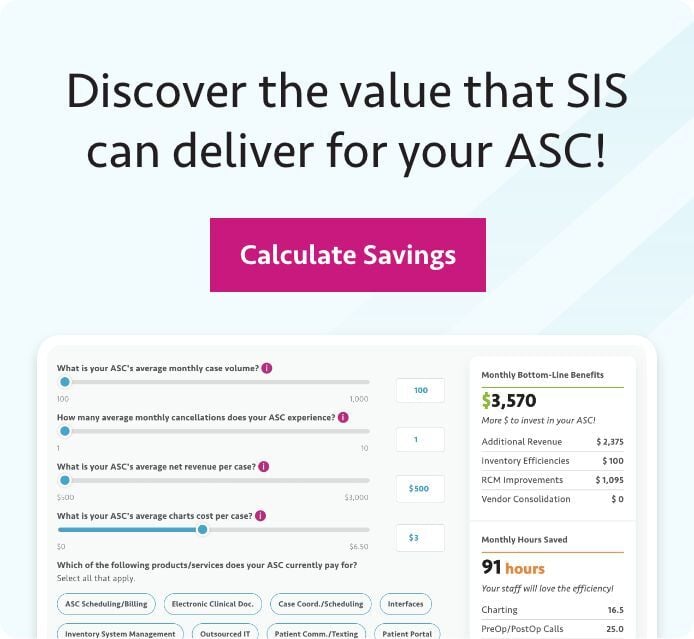


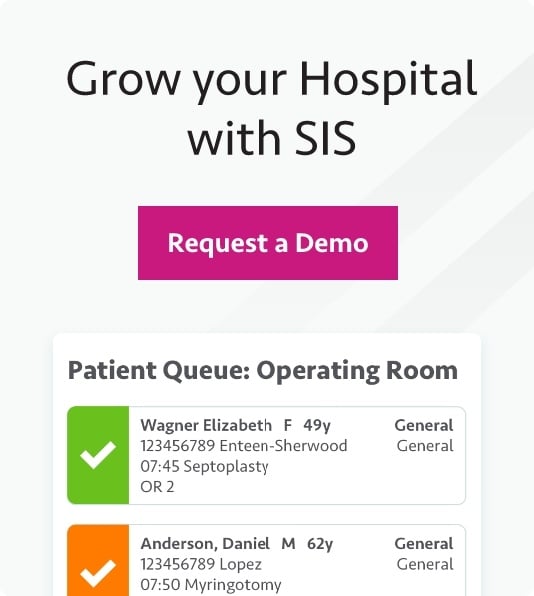









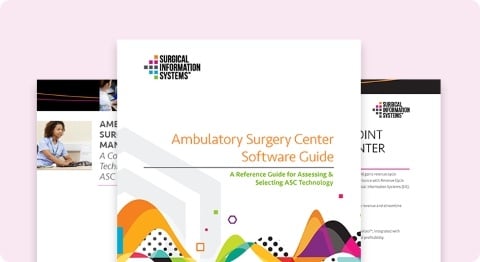




.jpg?width=65&name=Daren%20Smith%20(3).jpg)
